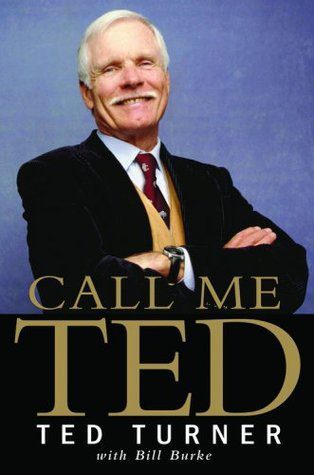Cloud Computing is a technology that is often misunderstood and misappropriated by a lot of individuals and organizations. According to the National Institute of Standards and Technology (NIST) Special Publication 800-145;
Cloud computing is a model for enabling ubiquitous, convenient, on-demand network access to a shared pool of configurable computing resources (e.g., networks, servers, storage, applications, and services) that can be rapidly provisioned and released with minimal management effort or service provider interaction. This cloud model is composed of five essential characteristics, three service models, and four deployment models.
In a 2017 Gartner’s Report: Cloud Strategy Leadership: Gartner Insights on How and Why Leaders Must Implement Cloud Computing. According to David Mitchell Smith, Vice President and Gartner Fellow, there are 10 misleading and dangerous myths of cloud computing:
- Cloud Is Always About Money
Gartner surveys show that cost savings account for the reason a small number of organizations use the public cloud. Saving money may end up one of the benefits, but it should not be taken for granted.
Advice: Utilize total cost of ownership and other models on a case-by-case basis and assess the implications of moving from capital expenditure (capex) to operating expenditure (opex).
2. You Have to Be Cloud to Be Good
Are you “cloud washing” (referring to the tendency to call things cloud that are not)? As a result, people are falling into the trap of believing that if something is good it has to be cloud or that if it is not cloud-based it cannot be good.
Advice: Call things what they are. Many other capabilities (e.g., automation, virtualization) and characteristics can be good and do not need to be cloud-washed.
3. Cloud Should Be Used for Everything
Cloud is a good fit in organizations where value is placed on flexibility and the business has the ability to consume and pay for only what is needed when needed. Unless there are cost savings, moving a legacy application that doesn’t change is not a good candidate for cloud.
Advice: The cloud may not benefit all workloads equally. Don’t be afraid to propose noncloud solutions when appropriate.
4. “The CEO Says So” Is a Cloud Strategy
When asked about what their cloud strategy is, many companies don’t have one, and the default is often (stated or not) that they are just doing what their CEO wants.
Advice: A cloud strategy begins by identifying business goals and mapping potential benefits of the cloud to them, while mitigating the potential drawbacks.
5. We Need One Cloud Strategy or Vendor
The nature of cloud services and existing interoperability standards can make the issue of limiting options less important, as those details are often hidden from the consumer.
Advice: A cloud strategy should be based on aligning business goals with potential benefits. A single cloud strategy makes sense if it makes use of a decision framework that allows for and expects multiple answers.
6. Cloud Is Less Secure Than On-Premises Capabilities
Cloud computing is perceived as less secure. To date, there have been very few security breaches in the public cloud — most breaches continue to involve on-premises data center environments.
Advice: Don’t assume that cloud providers are not secure, but also don’t assume they are. Cloud providers should have to demonstrate their capabilities, but once they have done so, there is no reason to believe their offerings cannot be secure.
7. Cloud Is Not for Mission-Critical Use
Cloud computing is not all or nothing. It is being adopted (and should be adopted) in steps and in specific cases.
Advice: Mission-critical can mean different things. If it means complex systems, approaches such as taking a phased approach can ease the movement to the cloud. Hybrid solutions can also play a key role.
8. Cloud = Data Center
Most cloud decisions are not (and should not be) about completely shutting down data centers and moving everything to the cloud.
Advice: Look at cloud decisions on a workload-by workload basis, rather than taking an “all or nothing” approach.
9. Migrating to the Cloud Means You Automatically Get All Cloud Characteristics
Many migrations to the cloud are “lift and shift” rehosting, or other movements that do not exhibit cloud characteristics at higher levels, while other types of cloud migration (refactoring and rewriting, for example) typically do offer more of these characteristics. The most common use case for the cloud, however, is new applications.
Advice: Distinguish between applications hosted in the cloud from cloud services. There are “half steps” to the cloud that have some benefits (there is no need to buy hardware, for example) and these can be valuable. However, they do not provide the same outcomes.
10. Virtualization = Private Cloud
Virtualization is a commonly used enabling technology for cloud computing. However, it is not the only way to implement cloud computing. Not only is it not necessary, it is not sufficient.
Advice: Use the correct term to describe what you are building. You don’t have to be cloud to be good. Avoid setting inaccurate expectations and adding to cloud confusion.
